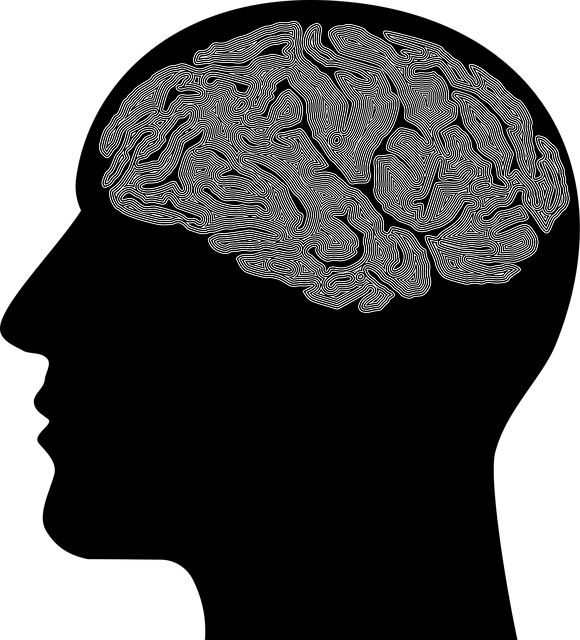The Boulder Kaiser Permanente mental health center enhances community well-being through targeted programs. They begin with understanding local needs, using journaling & open communication to identify issues like stress and lack of resources. This data guides tailored coaching programs for unique demographics. Strategic partnerships with schools, centers, and non-profits expand reach through events, workshops, and support groups. Success is measured using metrics like campaign impact and mental health attitude changes, enabling continuous improvement.
Boulder Kaiser Permanente mental health center has recognized the power of community outreach in addressing local well-being. This article explores a strategic approach to implementing effective outreach programs, focusing on assessing community needs, designing impactful mental health initiatives, and fostering partnerships with key organizations. By delving into these aspects, we aim to highlight best practices that enhance accessibility and positive outcomes for Boulder residents, inspired by the center’s commitment to community-driven care.
- Assessing Community Needs for Effective Outreach
- Designing Mental Health Programs for Impact
- Building Partnerships with Local Organizations
- Measuring Success and Adapting Strategies
Assessing Community Needs for Effective Outreach

Effective community outreach requires a deep understanding of local needs and challenges, especially when targeting mental health services like those offered by Boulder Kaiser Permanente. Assessing community needs is a crucial first step to ensure that programs are tailored to address genuine concerns. This involves engaging with various segments of the population, including underserved groups, to gather insights on their experiences and priorities related to mental wellness.
By implementing Mental Wellness Journaling Exercise Guidance and facilitating open Communication Strategies, outreach teams can identify prevalent issues such as stress, anxiety, or lack of access to resources. This data-driven approach enables the development of targeted Mental Wellness Coaching Programs that resonate with the community’s unique requirements. For instance, a Boulder Kaiser Permanente initiative could focus on providing mental health support tailored for young adults navigating college pressures or families dealing with work-life balance issues.
Designing Mental Health Programs for Impact

Designing mental health programs that make a real impact requires strategic planning and a deep understanding of the community’s unique needs, especially in places like the Boulder Kaiser Permanente mental health center. A successful program should go beyond traditional therapy sessions and incorporate innovative approaches such as public awareness campaigns to educate and destigmatize mental health issues. By engaging with the community through these initiatives, healthcare professionals can foster trust and encourage individuals to seek help earlier.
Risk Management Planning for Mental Health Professionals is another critical aspect that ensures the safety and well-being of both patients and practitioners. Integrating Self-Care Routine Development for Better Mental Health into the program design not only benefits the professionals but also sets a positive example for the community, demonstrating the importance of self-care in maintaining mental wellness. These holistic strategies combined can revolutionize mental health support in Boulder and similar communities.
Building Partnerships with Local Organizations

Building partnerships with local organizations is a strategic move for community outreach programs, especially when focusing on mental health initiatives like those at Boulder Kaiser Permanente. By collaborating with schools, community centers, and non-profit groups, this mental health center can expand its reach and address the unique needs of diverse populations. Such partnerships allow for joint efforts in organizing events, workshops, and support groups that promote stress management, depression prevention, and self-care practices—essential components of overall well-being.
These collaborations ensure a more inclusive approach to community care, leveraging the resources and expertise of various organizations. For instance, partnering with local schools can lead to educational programs aimed at youth mental health, while working with community centers might result in accessible Self-Care Practices workshops tailored to specific cultural needs. This integrated effort fosters a supportive environment where individuals can connect, learn, and thrive, ultimately strengthening the overall mental health fabric of the Boulder community.
Measuring Success and Adapting Strategies

Measuring success and adapting strategies are critical components of any community outreach program, especially at a Boulder Kaiser Permanente mental health center. By establishing clear goals and metrics, such as increased public awareness campaigns development and participation in mental health awareness events, the center can gauge the impact of its initiatives. This involves collecting data on attendance, feedback from participants, and changes in attitudes or behaviors related to mental health. For instance, tracking the number of individuals who seek support services following outreach activities demonstrates tangible results.
Moreover, fostering compassion cultivation practices within the community enables a more nuanced understanding of mental well-being. Adapting strategies based on this data ensures that programs remain relevant and effective. This iterative approach allows for continuous improvement, enabling the Boulder Kaiser Permanente mental health center to better serve its community and enhance public awareness campaigns related to Mental Health Awareness.
Boulder Kaiser Permanente mental health center’s community outreach programs have proven to be transformative, as highlighted in this article. By assessing local needs, designing targeted initiatives, fostering partnerships, and continually measuring success, these programs have made a significant impact on the well-being of Boulder residents. This comprehensive approach ensures that services are tailored to the unique challenges faced by the community, ultimately enhancing mental health support and fostering a more resilient and connected society.






